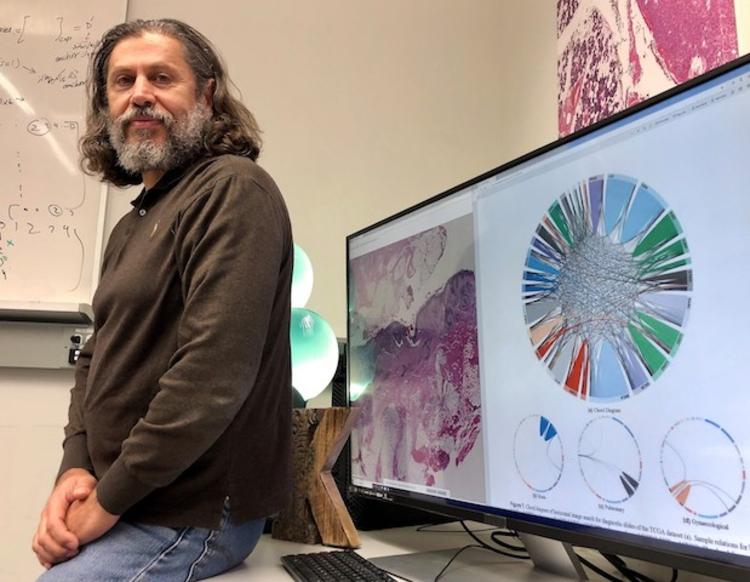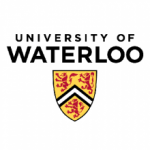
ΑΙhub.org
Combining AI and human expertise for cancer diagnosis

A new system combining artificial intelligence (AI) with human knowledge promises faster and more accurate cancer diagnosis.
The powerful technology, developed by a team led by engineering researchers at the University of Waterloo, uses digital images of tissue samples to match new cases of suspected cancer with previously diagnosed cases in a database.
In tests using the largest publicly available archive in the world – comprised of about 30,000 digitized slides from almost 11,000 patients – the technology achieved up to 100-per-cent accuracy for 32 forms of cancer in 25 organs and body parts.
“AI can help us tap into our medical wisdom, which at the moment is just sitting in archives,” said Hamid Tizhoosh, director of the Laboratory for Knowledge Inference in Medical Image Analysis (KIMIA Lab) at Waterloo. “When you use AI like this, its performance is astounding.”
The system utilizes AI to search digital images of biopsies from confirmed cancer cases for those most similar to a new digital image in an undiagnosed case.
Based on the known, verified findings of the majority of similar images, the system recommends a diagnosis for the new case.
Conducted over four months using high-performance computers and data storage, the tests achieved accurate diagnoses for everything from melanoma to prostate cancer.
“We showed it is possible using this approach to get incredibly encouraging results if you have access to a large archive,” said Tizhoosh. “It is like putting many, many pathologists in a virtual room together and having them reach consensus.”
The archive used in the study, part of a five-year project backed by $3.2 million in funding from the Ontario government, was provided by the National Cancer Institute in the United States.
More work is needed to analyze the findings and refine the system, but Tizhoosh said the results so far demonstrate it has potential as a screening tool to both speed up and improve the accuracy of cancer diagnoses by pathologists.
And in the developing world, it could save lives by enabling remote access to inexpensive diagnosis.
“This technology could be a blessing in places where there simply aren’t enough specialists,” Tizhoosh said. “One could just send an image attached to an email and get a report back.”
Project sponsor Huron Digital Pathology of St. Jacobs, Ontario is currently working to commercialize the technology.
A paper on the research, Pan-Cancer Diagnostic Consensus Through Searching Archival Histopathology Images Using Artificial Intelligence, appears in the journal Nature Digital Medicine.









